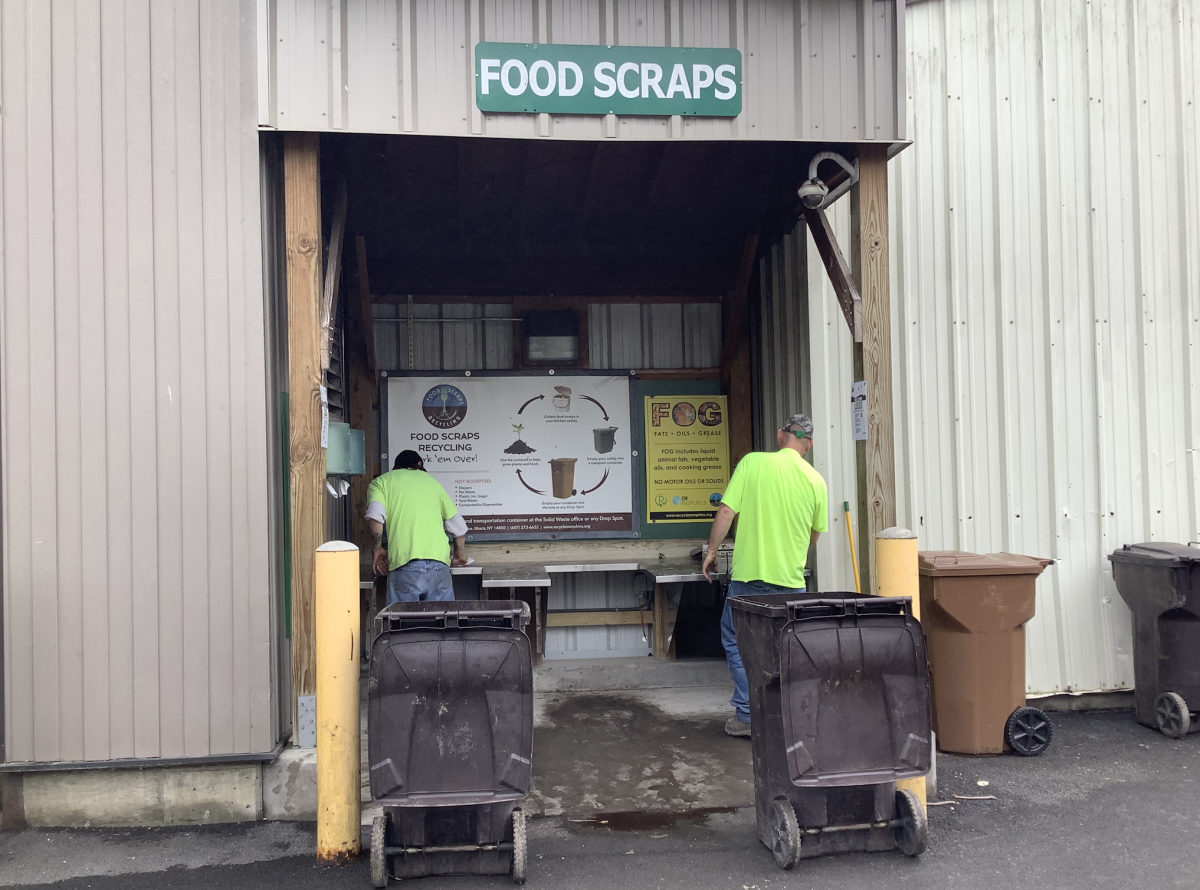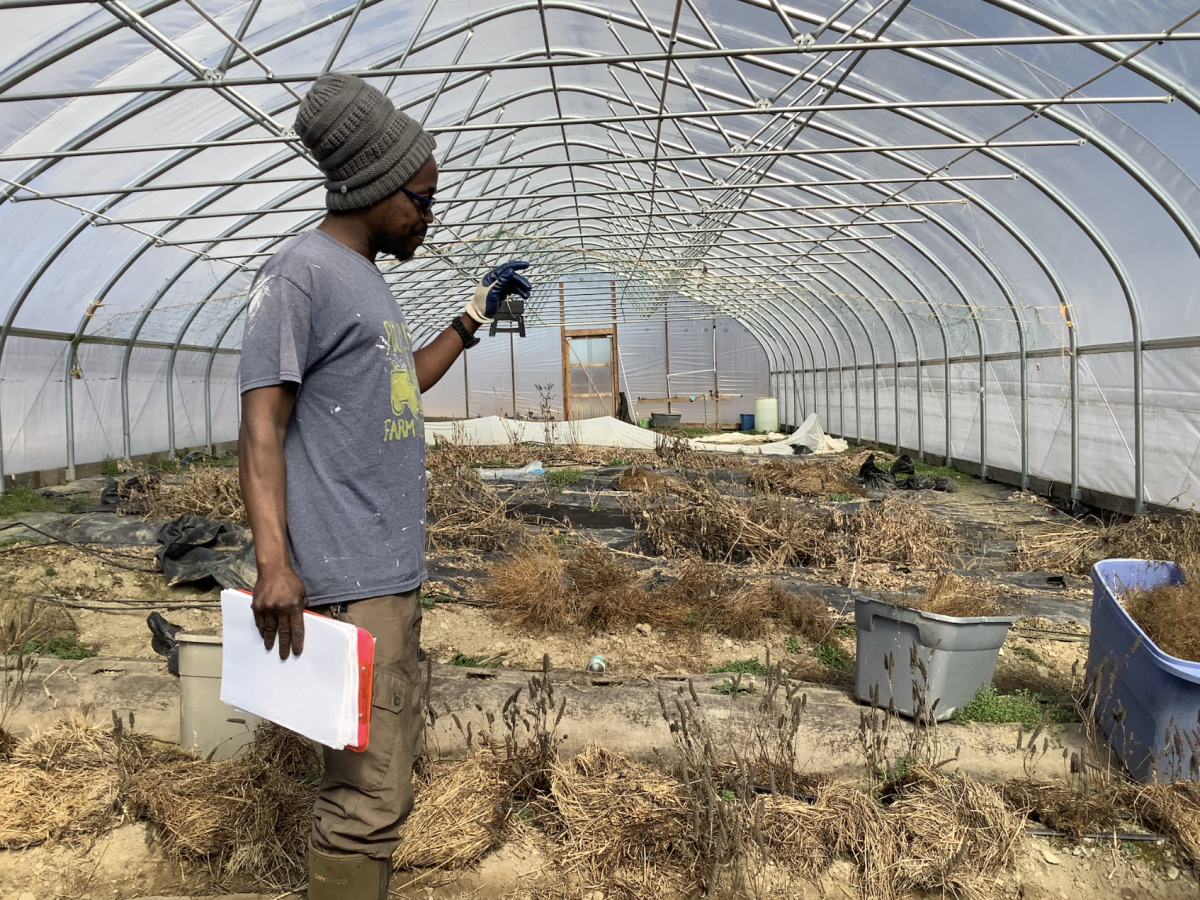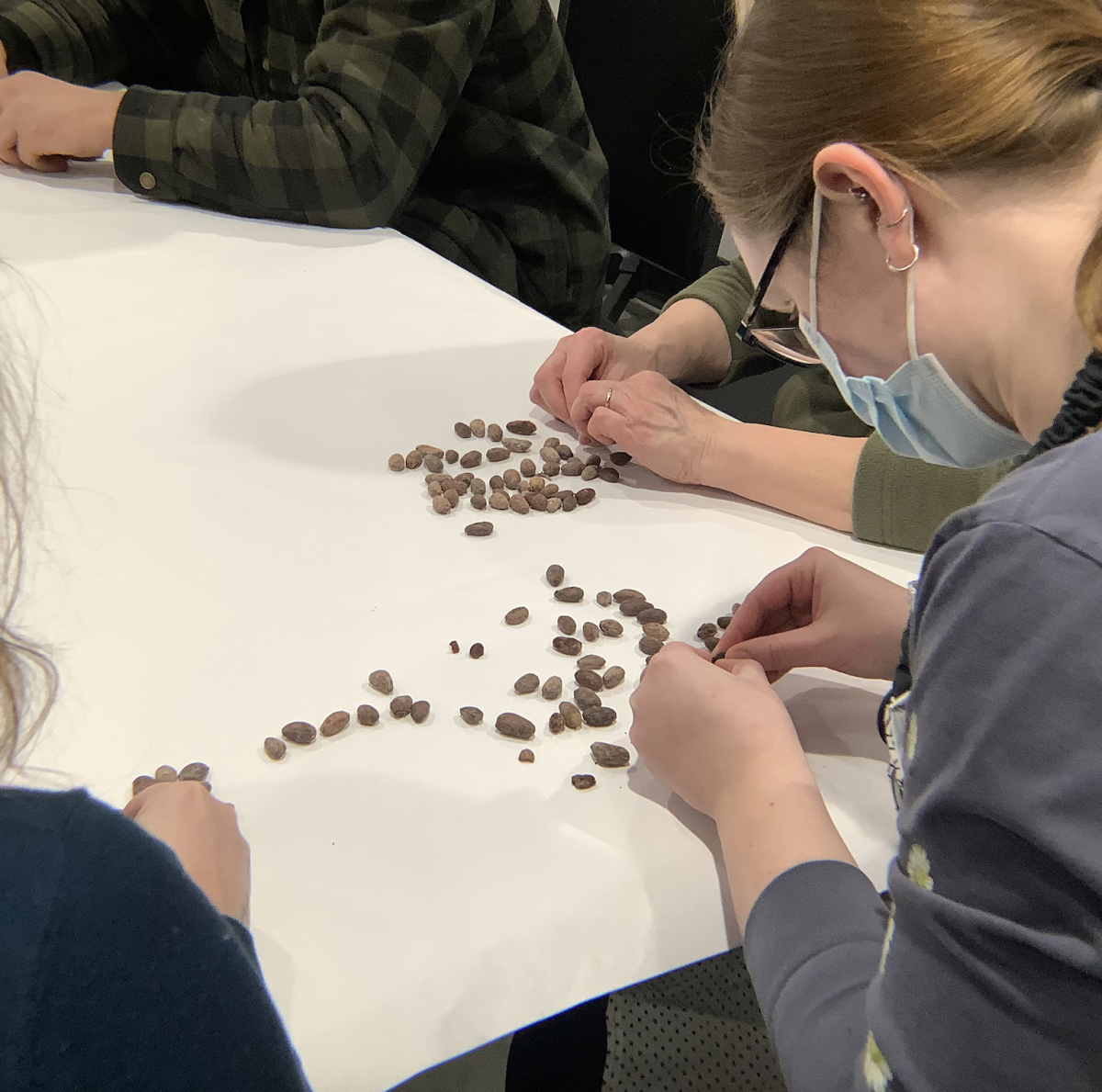
Preparations are well underway at Dilmun Hill Student Farm in anticipation of the coming winter months. Cornell University students are working alongside other volunteers to put the land to rest and ensure soil health for the spring growing season.
The farm is divided between two locations. The original location was established in 1996 by a group of graduate students seeking to apply their agriculture-based knowledge and test experimental systems that promote sustainability. Since then, students other than plant science majors have been encouraged to volunteer on the farm.
When James Yoon, a Cornell sophomore, began working at Dilmun, he had no intention of pursuing a career in the field.

“Working on a farm really got me thinking about what it means to do fulfilling work and it’s shifted my attention towards agriculture and food security,” said Yoon. “Before I wasn’t considering an academic interest in the environment or agriculture at all, but this is the most valuable work I’ve ever done and work I find enjoyable.”
Yoon, alongside Emma Badini, is a wholesale production manager at Dilmun. The wholesale work typically takes place on a plot of land at the East Ithaca Farm that was donated by a professor to expand production. The soil at East Ithaca Farm is more nutrient rich and contains mostly sand rather than clay. The sandy loam allows roots to move easily.
The season’s harvest is sold to local businesses and to those who take part in CSA, Community Supported Agriculture. Temple of Zeus cafe and Anabel’s Grocery, both in Collegetown, are two of four stores that purchase from the farm. The CSA program is managed by Cornell students Emma Volk and Emma Herrighty. The program is based in the Cornell University community and promotes a sustainable model for both the farmer and consumer.
“We have a consistent market and we’re still getting produce out every week even if we don’t have a consistent wholesale type of market or if farmers markets don’t sell very well. At least we have another place where the produce can go. And we’re getting a set amount money in the beginning of the season to run the farm,” said Volk.
The farm follows the principles of organic farming by utilizing all natural fertilizer and pesticides. In addition, the students do most of the cultivation by hand.

“There’s a big movement towards conservation agriculture and other methods of agriculture that help minimize the impact on the environment. It’s about trying to find ways to not rely on a bunch of things that may not be available to us in the future,” Volk said.
Dilmun is unique, relying on students to run the daily operations. However, Betsy Leonard, the organic farm coordinator, makes sure Dilmun is on track with its harvesting goals. Leonard said she understandsthe importance of letting students grow for themselves and establish their own connection to the land.
“I hear from students that their experience here at Dilmun has helped them form their future,” said Leonard. “We need more young farmers because most famers are on average, 60. I know my family, most of us are getting older and we need younger people involved in farming.”






